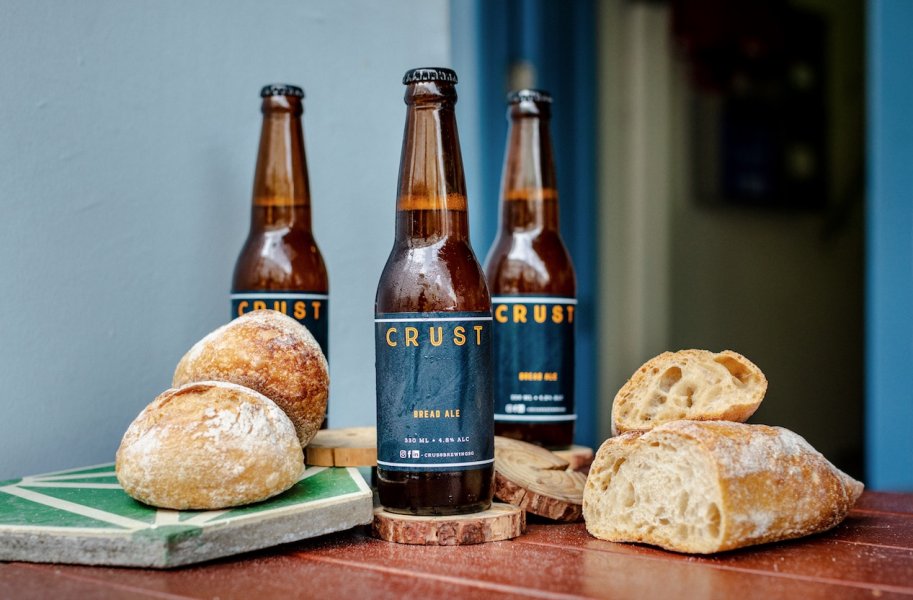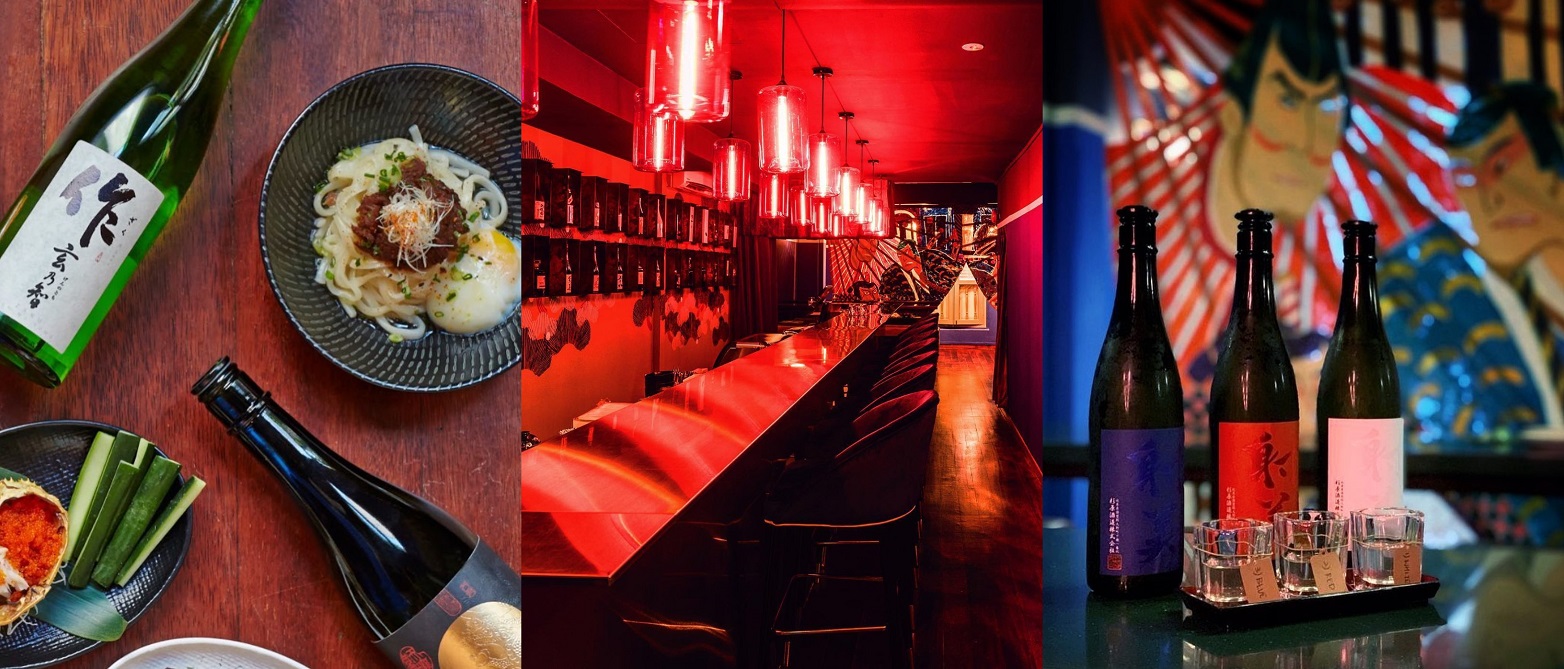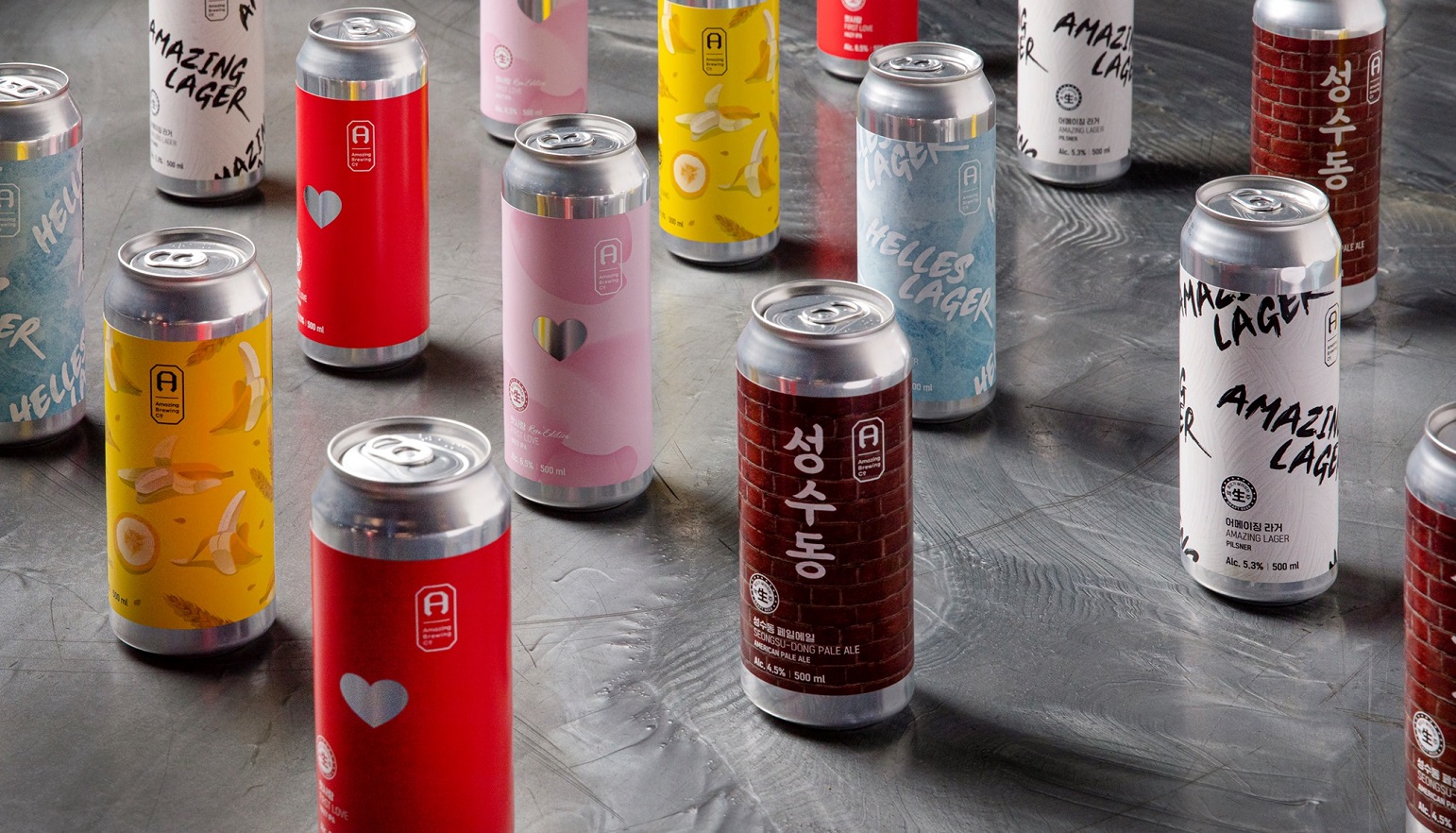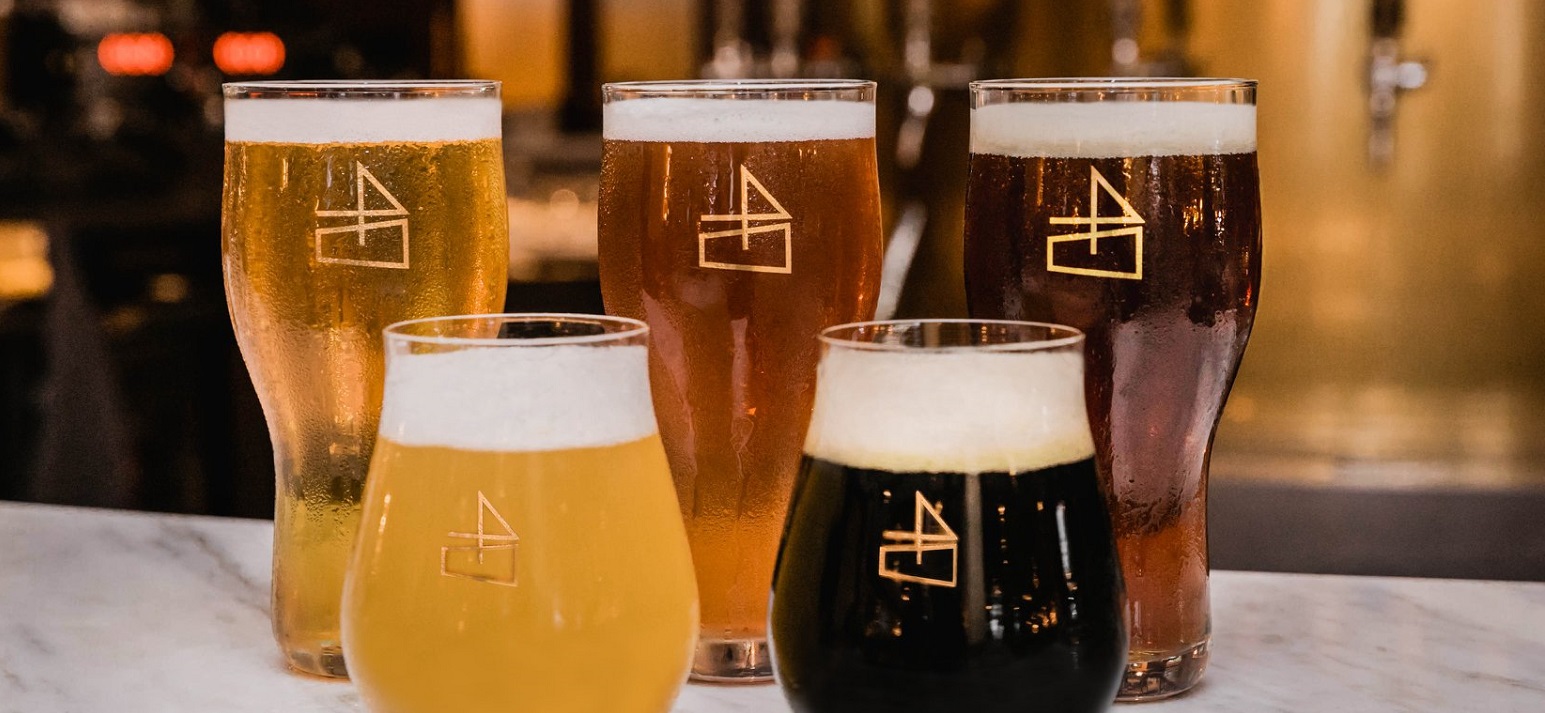We have reached a major turning point in sustainability. Companies have in recent years begun altering their work processes in more meaningful ways, introducing eco-friendly measures that would help reduce carbon footprint and wastage. Some new businesses are even founded just based on that.
Among the new ventures, stands out one with a knack for beer. Crust, a local brewery that specialises in producing beer made from surplus bread popped up in mid-2019. Initially a one-man show fronted by a spontaneous individual by the name of Travin Singh, the 29-year-old eventually recruited his long-time friend Ben Phua to helm the business with him.
So what does it take to be Singapore’s first sustainable beer brand, and how does one convert bread into beer? With a Maison Kayser baguette in hand, Singh came down to our office to pay us a visit, and answered all our burning questions regarding Crust.

When and how did the idea behind Crust come about?
I started home brewing beers a few years ago, purely for my own consumption. The idea only truly hit in 2018, while I was researching the origins of beer and chanced upon articles stating that the preservation of bread is one of the oldest forms of making beer. So after a couple of attempts, I successfully created my own bread beer recipe, and in 2019, I founded Crust Brewing, which now goes by Crust.
Why sustainable beer?
Honestly, I’m not the biggest advocate for sustainability. But I like the fact that we can give back by producing sustainable beer. There’s so much wastage of unsold and unused bread, so it’s about time we made something out of it.
The thing is, the idea of this beverage being a “bread beer” also gave a lot of misconception. There are people who even fear that the bread we utilise are leftovers, retrieved from restaurant tables by the waiters! That’s obviously untrue. It’s surplus bread we use that are perfectly consumable. They just weren’t eaten.
Can you give us a rundown of your beer brewing process?
There’s really not much of a difference between brewing regular beer and bread beer. It’s basically the same brewing process, but I replace 30% of the grain bill with bread. For now I stick to white bread of any form. Perhaps another key difference is that the lautering process, whereby the liquid is separated from the solids, is far longer, since there’s a lot more end product. I’m working with bread, after all. And I took a total of four attempts to get the recipe right.
Will you be updating your recipe anytime soon?
We’re still using white breads of any kind, but we will experiment with sourdough and rye soon. The crust is very important, it’s what gives the beer its sweetness. Hence our name.
Where does the brewing happen?
Now that I can no longer home brew, the brewing is done at On Tap. It then gets bottled up at The 1925 Brewing Co., before being brought to a cold storage unit across the street in Mandai.
So what beers do you have right now?
Currently, Crust has got two beers. The first is of course the Bread Ale, while the second one is the Cream Ale, that only just entered the market at SG Taps. It’ll be bottled soon enough.
Describe your first beer.
To be very frank, our first beer, the Bread Ale, is not my favourite beer, only because I prefer stronger beers like IPAs. But the whole point of creating the Bread Ale is to cater to a wider consumer base. Therefore the Bread Ale is light, refreshing and very easy to drink.
Let’s talk more about Crust’s signature Bread Ale. How has the reception for the beer been?
Really good actually. The beer is available at spots like Temple Cellars, Freehouse, even Naiise outlets; and at the Epicurean Market event where I sold the Bread Ale, many said they liked that the beer is light and aromatic, probably thanks to all the citrus and floral hops we use.
Was it difficult for you to convince restaurants and cafes to provide you with the bread that you utilise for the beer?
I reached out to many bakeries, cafes and restaurants via emails, and one of the few who responded was Maison Kayser, whose bread I now use. Many didn’t reply but we worked it out with those who did and that wasn’t really a problem.
What were the issues you faced when you first founded Crust?
I’m not the most experienced person, business wise. Being someone who hasn’t put in the years yet can be somewhat of a struggle. Plus, I’m the creative sort that just delves into something once I find something I like. That’s where my business partner comes in. I’ve known him for a really long time, and I trust his expertise. We work things out together.
What’s the business relationship like between you guys?
Well I founded Crust first, then Ben joined November last year. His first day was actually at The Conscious Festival. Like I said I’m the creative one and he’s the business person, so I’m more of the face, handling social media, the branding, the brewing, whereas he now focuses on the financial aspect of things. He has experience being in the alcohol industry, so that helps too.
Will we continue to see Crust at eco-friendly festivals and markets like The Conscious Festival?
Sure, we have plans to continue making appearances at these markets and festivals to spread the word.
And finally, what’s next for Singapore’s first sustainable beer brand?
There are so many things I want to work on. Collaborations, more products, the list goes on. We want to upcycle as much as possible too. And by that I mean that I want to take whatever people don’t want, and turn them into alcohol. I can’t say too much but I will say this: we won’t be stopping at bread nor beer.
Crust’s signature Bread Ale is available on tap or in bottles at SG Taps, Temple Cellars, Freehouse, Barbary Coast, and more. More information available here.





